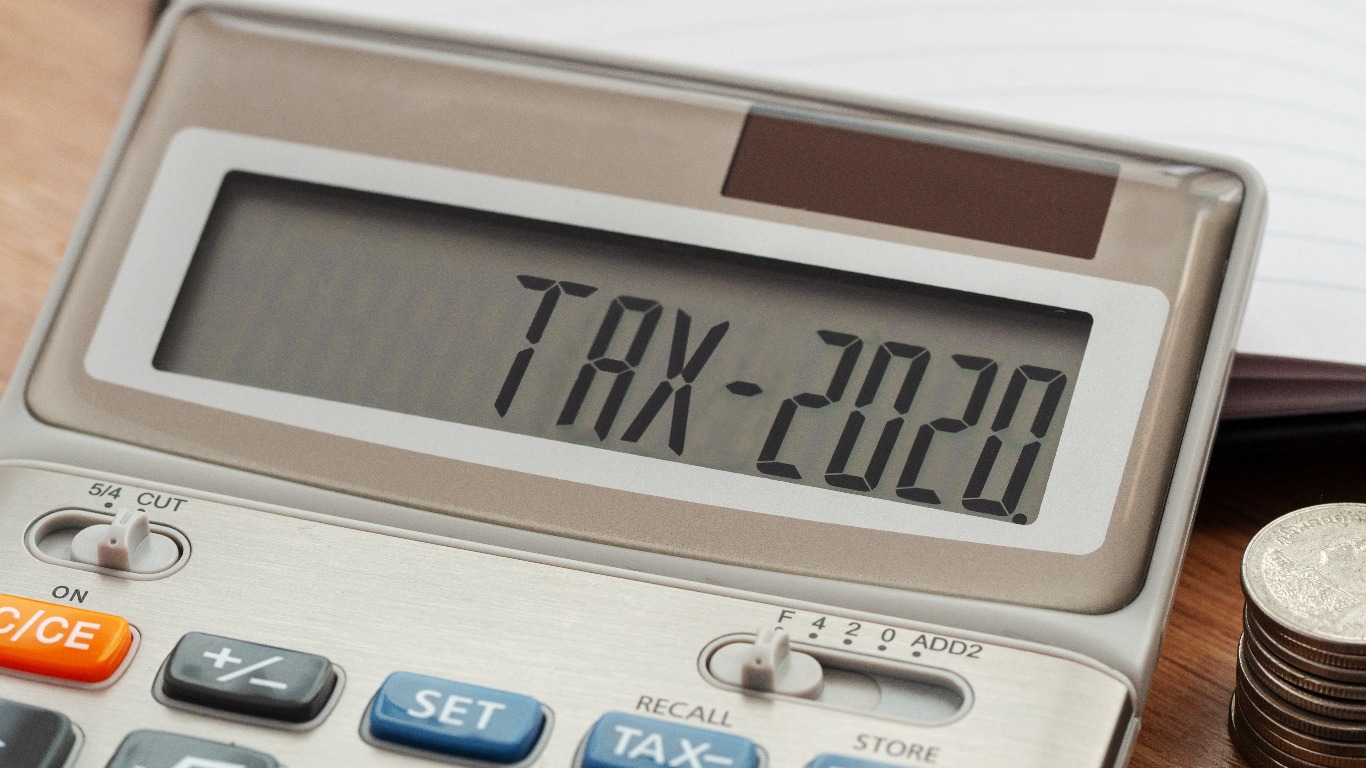Pension freedoms: why HMRC overtaxes withdrawals

HMRC needs to get to grips with the way it taxes pension withdrawals to stop unfairly penalising certain people.
HM Revenue & Customs (HMRC) isn’t very good at handling people making use of the pension freedoms.
When a pension pot is withdrawn in one go, or even if you are just taking out a sizeable lump sum, then you should generally be able to get the first 25% of that money tax-free, with the rest subject to Income Tax.
But due to the vagaries of the way the taxman works, if this is your first attempt at a withdrawal, it instead often requires the use of an emergency tax code.
As anyone who has ever been on the receiving end of an emergency tax code will know, this means a hefty old payment making its way into the taxman’s coffers.
Effectively, it taxes you as if you are going to make repeated withdrawals of this size, rather than it being a one-off, which means a large tax charge. You then have to put in a claim for the excess tax to be paid back.
When can you stop working? If you have a £250,000 portfolio, get our ongoing insights, starting with “The 15-Minute Retirement Plan.” Don’t miss it!
How often does this happen?
Now you might imagine that this is a relatively rare occurrence.
That there aren’t that many people accessing large lump sums from their pensions for the first time, and so are being walloped with these massive tax bills.
But in truth, thousands of people are put in this position every month.
Data from the taxman shows that in the first quarter of 2020 it processed more than 10,000 claims from people who acted to reclaim this overpaid tax from the moment it was deducted.
These are just the people who acted immediately too ‒ there are inevitably going to be plenty of others who claim their refund at the end of the financial year instead.
That’s an awful lot of innocent people who are being whacked with excessive tax bills, as a result of having the temerity of wanting to get their hands on their own money.
Tax relief on pension contributions: how does it work?
The size of the overcharging

This overcharging is far from minimal too. Since 2015, when the pension freedoms were first introduced, the taxman has had to hand back a whopping £600 million, with an average of more than £3,000 paid back to over-charged pension savers this year.
Analysis from consultancy firm LCP demonstrates how the scale of the overcharging varies based on the size of your other taxable income during the financial year.
The firm used the example of a saver cashing out a pension pot of £40,000, with £10,000 available to be taken tax-free and the remainder being taxable.
The actual tax deducted on an emergency tax code here would be £11,781, but the correct tax would vary based on the person’s usual Income Tax band.
A basic-rate taxpayer should only pay 20% tax, meaning the correct tax would be £6,000, resulting in a refund of £5,781. In other words, they would have paid almost DOUBLE what was actually due in tax.
Here are three examples put together by the firm based on different levels of taxable income.
|
Other taxable income during 2020/21 |
Actual tax deducted on pension withdrawal (£40k pot of which £30k taxable) |
Correct tax on pension withdrawal |
Refund due |
|
£12,500 |
£11,781 |
£6,000 |
£5,781 |
|
£25,000 |
£11,781 |
£7,000 |
£4,781 |
|
£50,000 |
£11,781 |
£12,000 |
[-£219] |
What’s striking here is that people with the smallest level of other income are the ones being most severely overtaxed.
It’s those who are likely most reliant on the money they are withdrawing who are left the most sharply out of pocket, albeit temporarily, through no fault of their own.
When can you stop working? If you have a £250,000 portfolio, get our ongoing insights, starting with “The 15-Minute Retirement Plan.” Don’t miss it!
The problem is going to get worse
This is concerning enough in normal times, but you don’t need me to remind you that we are living through anything but normal times at the moment.
The truth is that thousands of people up and down the country have lost their jobs, with more to come in all likelihood. The inevitable hardship on the way means that more people are going to turn to their pension pots in order to shore up their finances.
But they are also far more likely to have smaller levels of other income during the financial year.
Steve Webb, a partner at LCP ‒ and a former pensions minister back in the coalition days ‒ warned that these overpayments will be “even more penal” than usual in the current crisis.
He added: “While it is far from ideal if individuals feel they have no choice but to access their pensions to support them through the current crisis, the very least the authorities should do is allow fairer tax deductions upfront on them.
“The system of ‘emergency tax’ on one-off withdrawals from pension pots has already been widely criticised and it now looks unfit for purpose in the current crisis. HMRC should think again as a matter of urgency”.
I can’t see how you can possibly disagree with that standpoint. It is bad enough that the taxman didn’t have a system for properly taxing these withdrawals back when the freedoms were first launched, but that we are still in the same situation five years later is a farce.
The system wasn’t put right back when we weren’t on the current economic cliff-edge, and because of that, an awful lot of worried, financially stretched people are going to have to make do with less than they should for a period.
This cannot be allowed to continue.
Comments
Be the first to comment
Do you want to comment on this article? You need to be signed in for this feature